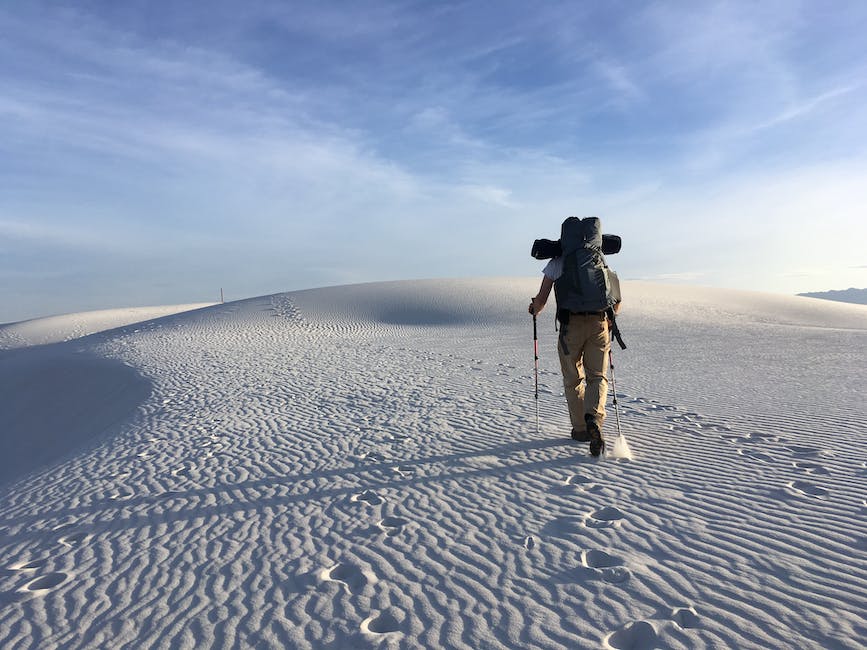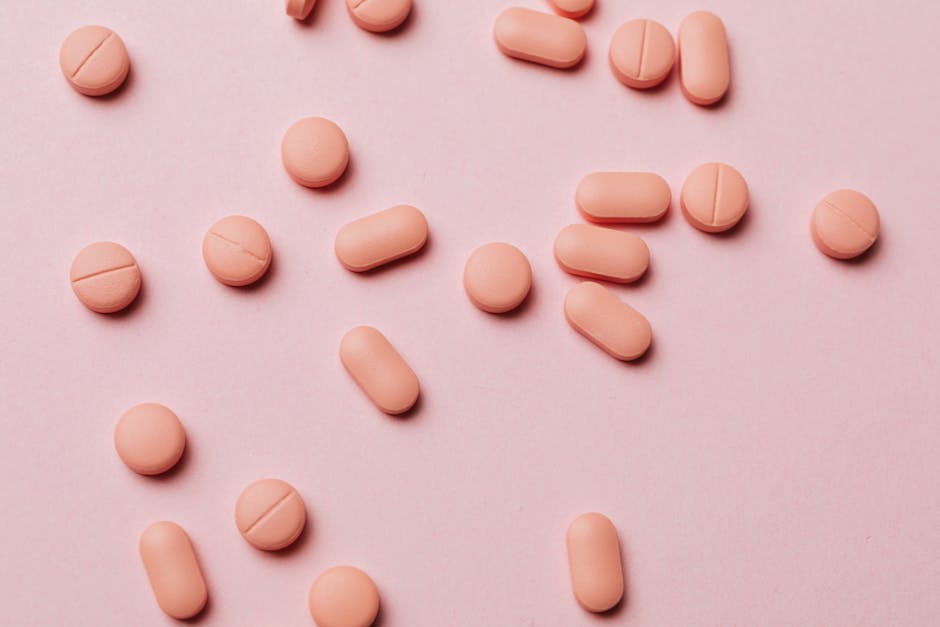The Pros and Cons of Cold Showers
Exploring the Benefits and Drawbacks of Cold Showers
Cold showers have been gaining popularity in recent years for their potential health benefits. While many people swear by the advantages of cold showers, others remain skeptical. In this article, we will explore the potential advantages and disadvantages of taking cold showers, allowing you to make an informed decision about whether to incorporate them into your routine.
Cold showers have been a part of various cultural and wellness practices for centuries. From improved circulation to increased alertness, proponents of cold showers assert numerous benefits. However, it's essential to consider both sides of the coin before diving in, as cold showers may not be suitable for everyone. Let's take a closer look at the potential pros and cons of cold showers.
Pros
Are you ready to embrace the chill? Discover the potential benefits that advocates of cold showers often highlight. From improved mood to potential health perks, find out how cold showers could be a game-changer for your daily routine.
Boosting Immunity
Advocates of cold showers suggest that exposure to cold water can activate the immune system, potentially leading to a stronger defense against illnesses. Cold showers are believed to stimulate the production of white blood cells, which play a crucial role in fighting off infections. While further research is needed, some individuals report experiencing fewer colds and illnesses after incorporating cold showers into their routine.
Enhancing Circulation
The shock of cold water can promote blood flow, which may have positive effects on circulation. It's thought that cold showers could help to constrict blood vessels and then dilate them, leading to improved overall blood circulation. This can be particularly beneficial for individuals dealing with circulation issues or those who often experience cold extremities.
Mood Improvement
Cold showers are often associated with a potential mood-boosting effect. The shock of cold water is believed to activate the sympathetic nervous system, leading to the release of endorphins. These 'feel-good' hormones could contribute to a more positive outlook and increased energy levels. Some people incorporate cold showers into their morning routine as a natural way to wake up and feel revitalized.
Muscle Recovery
Athletes and fitness enthusiasts may turn to cold showers as a way to potentially aid muscle recovery. The cold water is thought to help reduce inflammation and muscle soreness after intense physical activity. It's believed that cold showers could support the body's natural healing processes, potentially allowing for quicker recovery between workouts.
Alertness and Focus
The shock of cold water hitting the skin is often touted as a natural way to boost alertness and mental clarity. Cold showers are believed to stimulate the release of noradrenaline, a neurotransmitter that plays a role in focus and attention. Some individuals find that starting the day with a cold shower helps them feel more awake and ready to take on the day's tasks.
Improved Breathing and Respiratory Health
Taking cold showers can help improve breathing by causing the lungs to work harder to keep warm, which may strengthen respiratory muscles and increase overall lung capacity. This can potentially lead to better respiratory health and increased endurance during physical activities.
Enhanced Mental Resilience
Regular exposure to the discomfort of cold water can help build mental resilience and tolerance to stress. Over time, individuals may develop a greater ability to handle challenging situations and regulate their emotional responses, promoting mental toughness.
Missing a pro?
Let us know which pro you are missing!
Cons
Before you turn the temperature dial to cold, it's important to consider the potential downsides of cold showers. From increased stress levels to potential health risks, get the full picture of what cold showers may entail. Here are some of the possible drawbacks that skeptics of cold showers point out.
Increased Stress Response
For individuals who are sensitive to cold or have certain medical conditions, the shock of cold water can trigger a stress response. The body's fight-or-flight system may be activated, leading to increased stress levels and discomfort. It's important to consider individual tolerance levels and overall stress management when contemplating cold shower routines.
Potential Aggravation of Certain Health Conditions
Cold showers may not be suitable for individuals with certain health conditions, such as cardiovascular issues or respiratory problems. The sudden exposure to cold water can put a strain on the heart and lungs, potentially leading to adverse effects. It's crucial to consult with a healthcare professional before incorporating cold showers into your routine, especially if you have pre-existing health concerns.
Skin and Hair Effects
Some individuals notice that frequent exposure to cold water can lead to dryness and irritation of the skin. The cold temperature and potential changes in skin pH levels could affect the skin barrier function, leading to issues such as dry, itchy skin. Additionally, cold water may have an impact on hair health, potentially causing dryness and a lack of luster.
Discomfort and Adaptation Period
The sensation of cold water on the skin can be uncomfortable for many individuals, particularly during the initial stages of incorporating cold showers into their routine. There may be an adaptation period during which the body adjusts to the shock of cold water, and some people may find this process challenging or unpleasant.
Temperature Regulation Challenges
Following a cold shower, the body works to regulate its temperature, potentially leading to increased energy expenditure. This could be a concern for individuals who already struggle with temperature regulation or those who live in colder climates. It's important to consider the potential impact of cold showers on the body's ability to maintain a stable core temperature.
Risk of Hypothermia
Extended exposure to cold water can increase the risk of hypothermia, particularly in individuals who are not acclimated to cold temperatures. It's important to be cautious and aware of the signs of hypothermia when taking cold showers, especially in colder climates.
Potential Impact on Fertility
Some studies suggest that regular exposure to cold temperatures, such as frequent cold showers, could potentially have a temporary negative impact on male fertility by affecting sperm production. It's important for individuals to consider this potential risk, especially when planning to conceive.
Missing a con?
Let us know which con you are missing!
Conclusion
As with many wellness practices, the effects of cold showers can vary from person to person. While some individuals may experience significant benefits, others may find that cold showers are not the right fit for them. It's essential to consider individual health concerns and preferences when evaluating whether to incorporate cold showers into your routine. Consulting with a healthcare professional can provide personalized insights based on your specific health status. Whether you decide to embrace the chill or stick with warmer showers, making an informed choice is key to prioritizing your overall wellbeing.
What do you think?
Do you think the pros outweigh the cons?








